CLOSE
Mon. - Fri. 8.30 a.m. - 7 p.m. (Continuous hours)
Sat. 8.30 - 13.00
T. 0432 574163
E. info@salusalpeadria.it
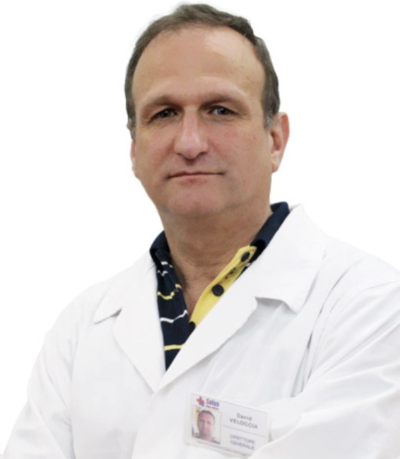
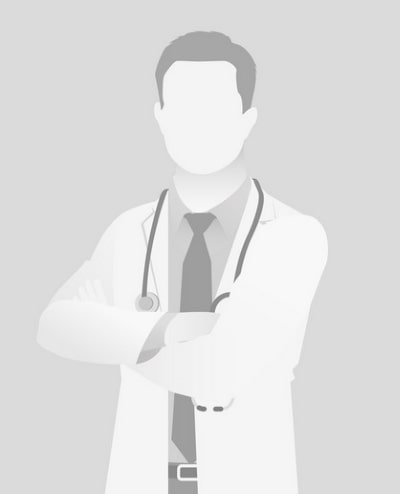









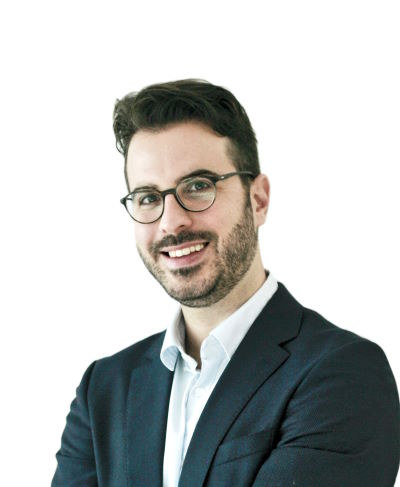


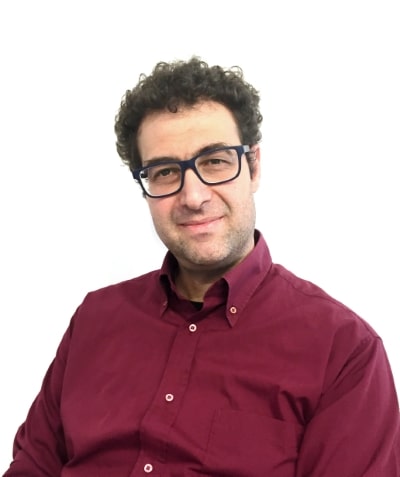
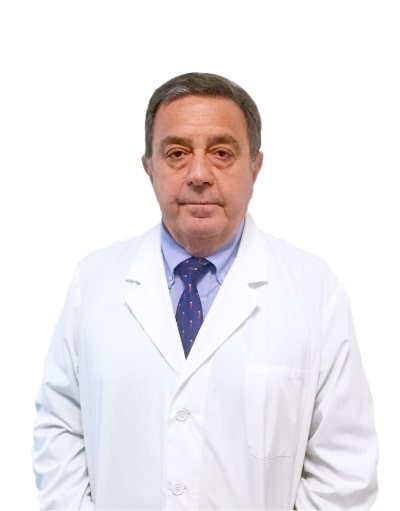

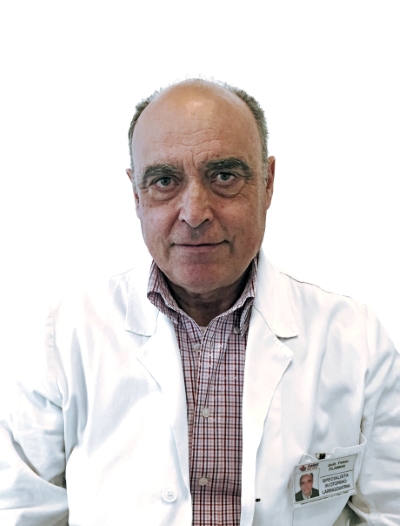
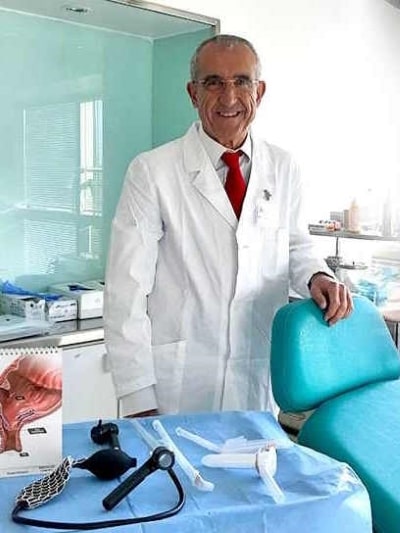

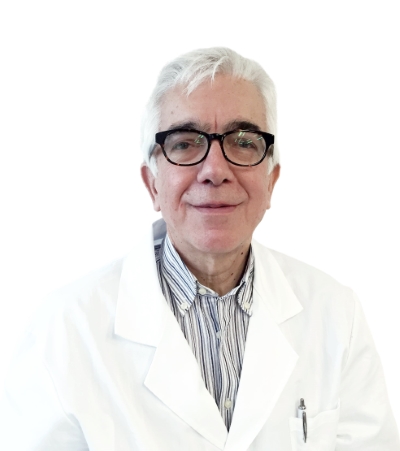

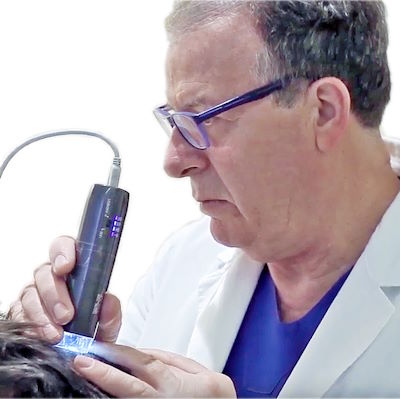
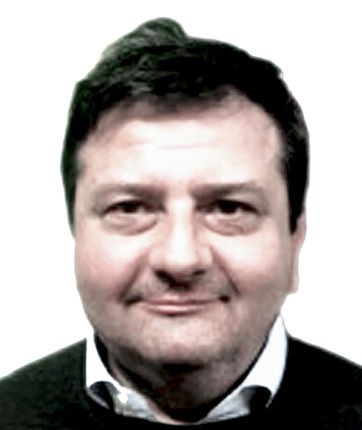
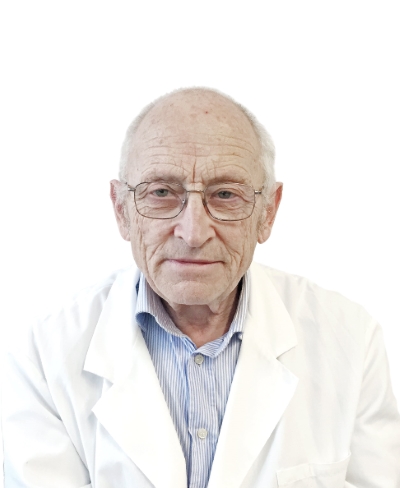


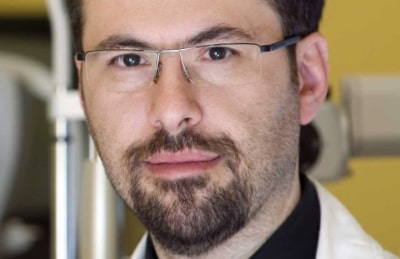
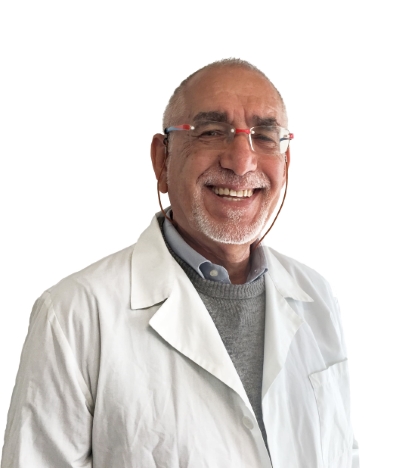
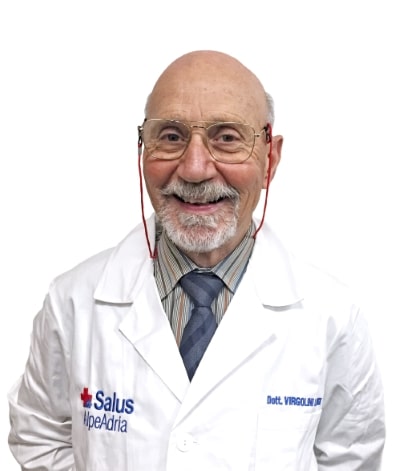
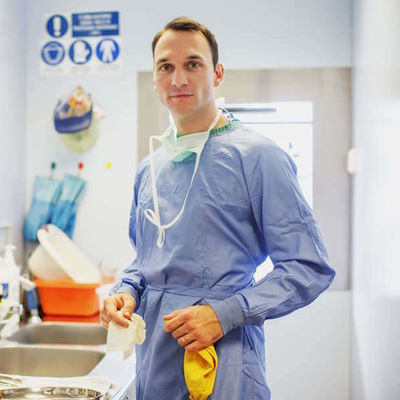

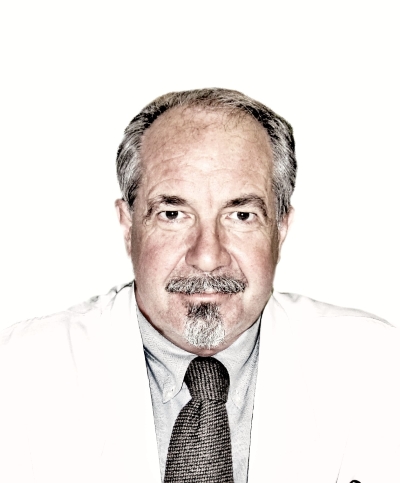

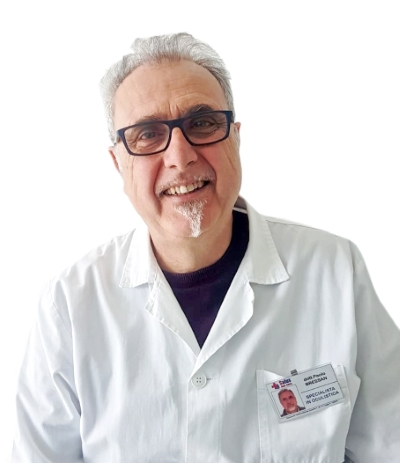
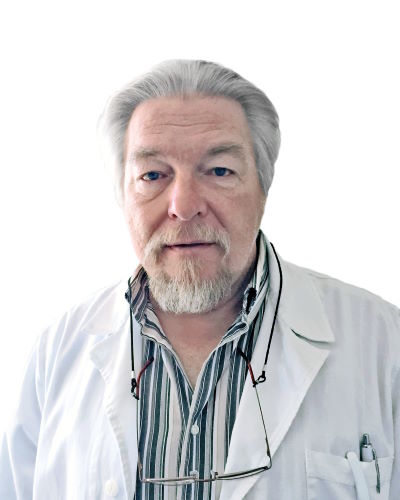
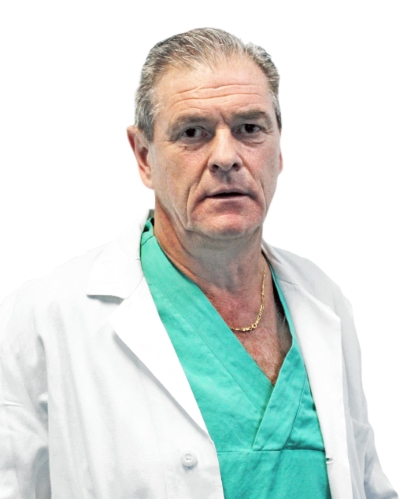


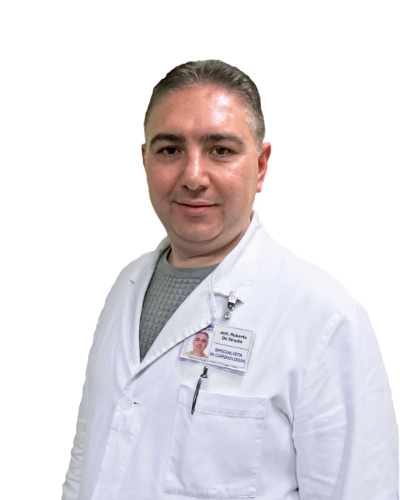

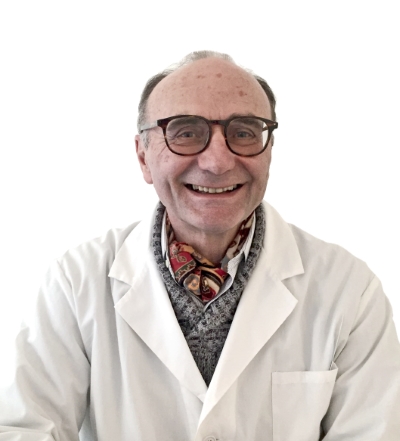



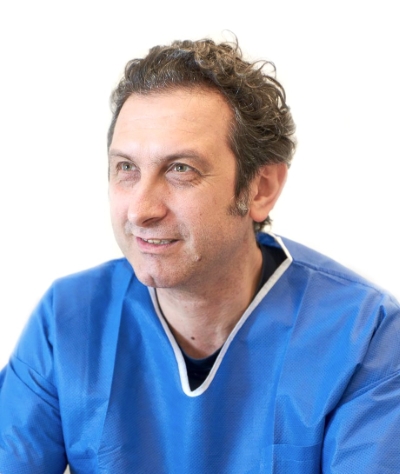



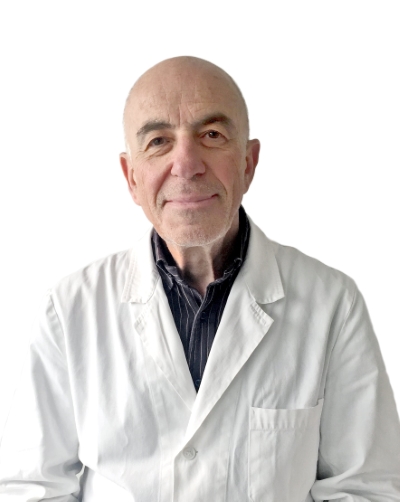
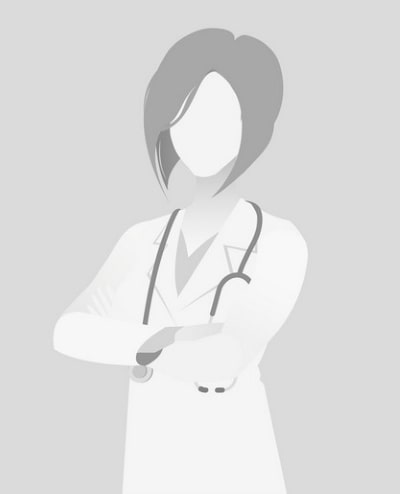

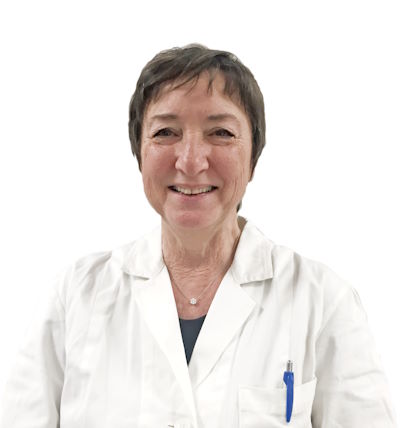
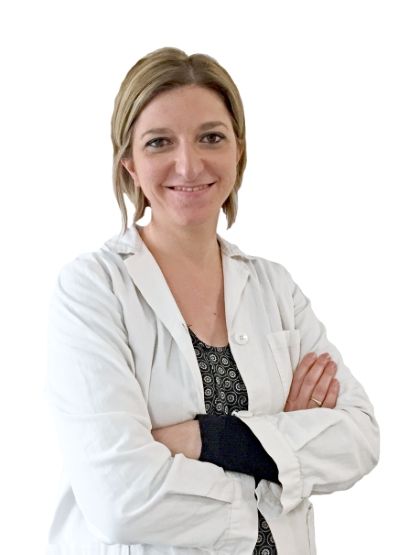


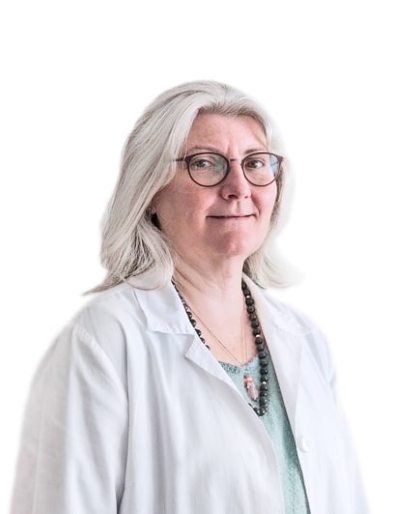
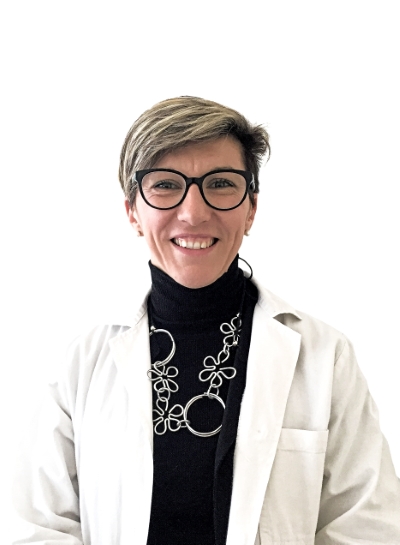
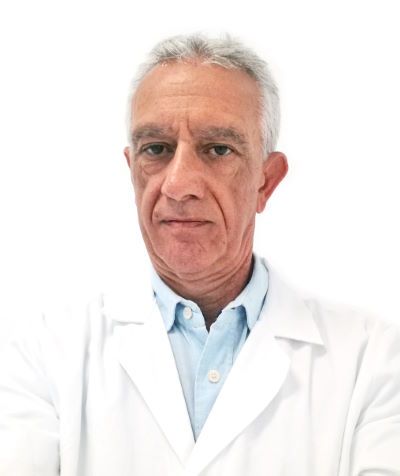

OCULISTICS is the branch of medicine that deals with the prevention, diagnosis, rehabilitation and treatment, both medical and surgical, of diseases of the visual apparatus, i.e. the eye and its adnexa, the correction of refractive defects (refractive defects or ametropia) and related visual pathologies. It is one of the oldest medical and surgical disciplines and is practised by a physician known as an 'ophthalmologist' (also called an ophthalmologist).
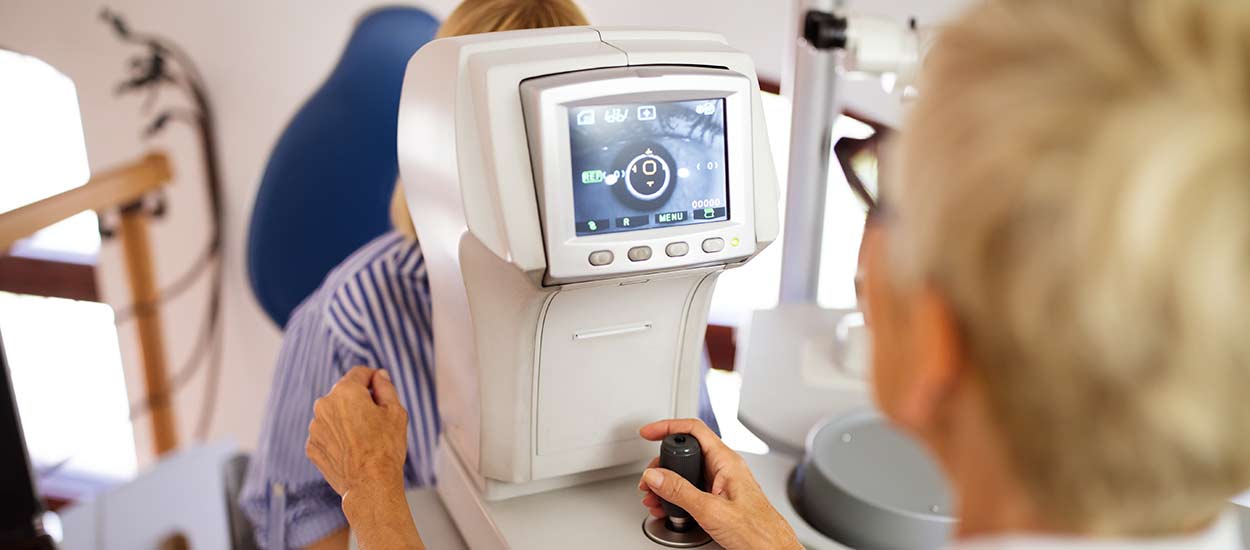
An eye examination is useful for assessing eye health and therefore for preventing, diagnosing, monitoring and ruling out eye diseases. Eye health is fundamental to maintaining one's visual capacity, which is essential for quality of life and personal autonomy. To maintain it, it is necessary to undergo regular medical check-ups to prevent and diagnose the onset of any problems. Astigmatism, nearsightedness, glaucoma, farsightedness, cataracts, maculopathy, etc. are among the most common problems for which a visit to the ophthalmologist is necessary.
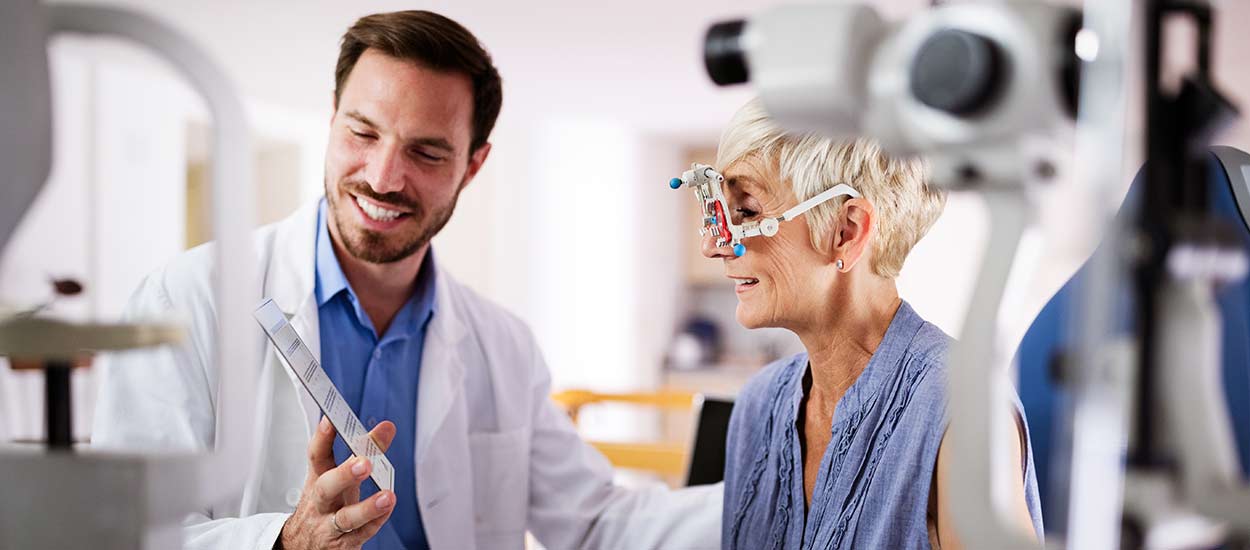
Symptoms to watch out for and useful tips
Is it advisable to see an ophthalmologist?
Not only when particular symptoms or disorders affecting one's eyesight and eyes appear, such as redness, continuous itching of the eyes, inflammation of the eyelids, the sensation of foreign bodies in the eye or the appearance of lights or black dots in the field of vision, blurred vision, pain, abnormal tearing, etc., to give a few examples.
It is a good idea to visit the ophthalmologist fairly regularly, especially at certain stages of life, because (as in all fields) preventing and diagnosing a disease in time can make all the difference in the possibility of effective treatment.
The area dedicated to ophthalmology, otherwise known as ophthalmology, deals with the prevention, diagnosis and treatment of all diseases affecting the eye and sight.
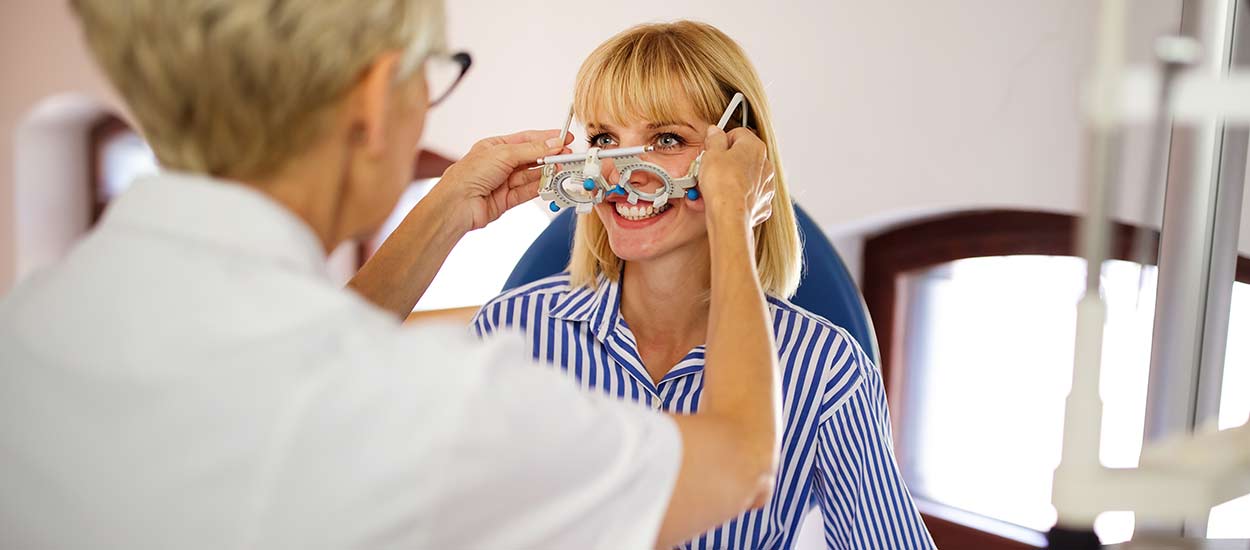
The specialist collects as much information as possible on the history and lifestyle with regard to diet, smoking habits, alcohol consumption, level of physical activity and sedentariness, any current pathologies, medication intake, previous operations, other cases in the family of ocular pathologies. An external assessment of the eye is then performed, in particular the eyelid and surrounding tissue, cornea and iris are inspected.
Targeted tests are then carried out to analyse:
Useful tips:
the patient should bring along any examinations carried out at the request of their attending physician;
a note of the name of any medication taken daily.
Read also:
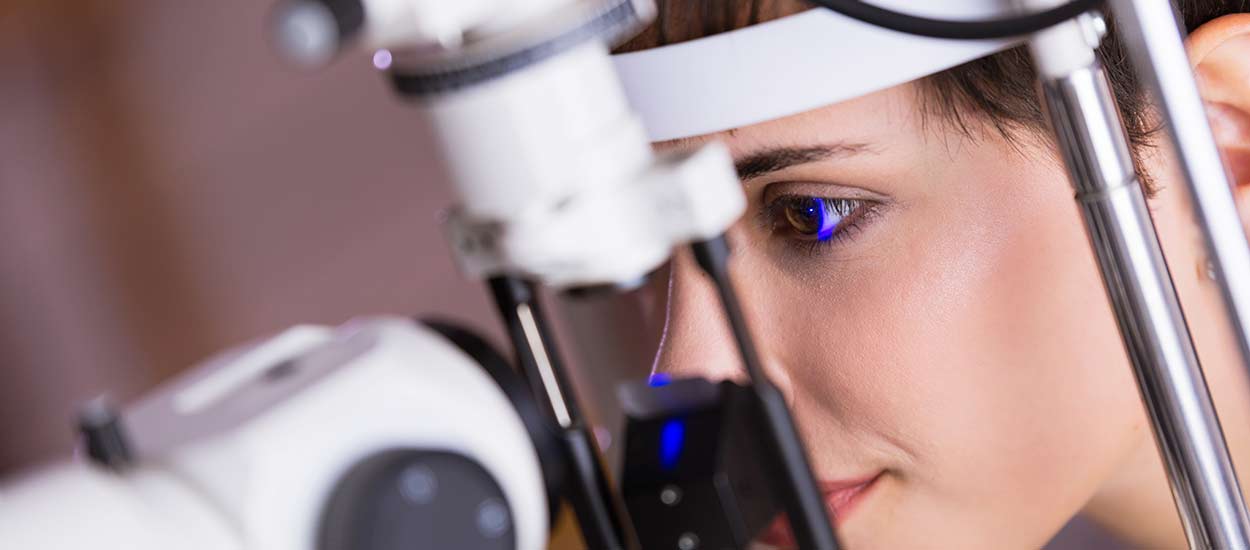
Activities performed:
Hours of operation: Monday to Friday 8.30 - 13.00 / 14.30 - 19.00
Method of collecting reports: The report is delivered directly to the patient at the end of the visit.
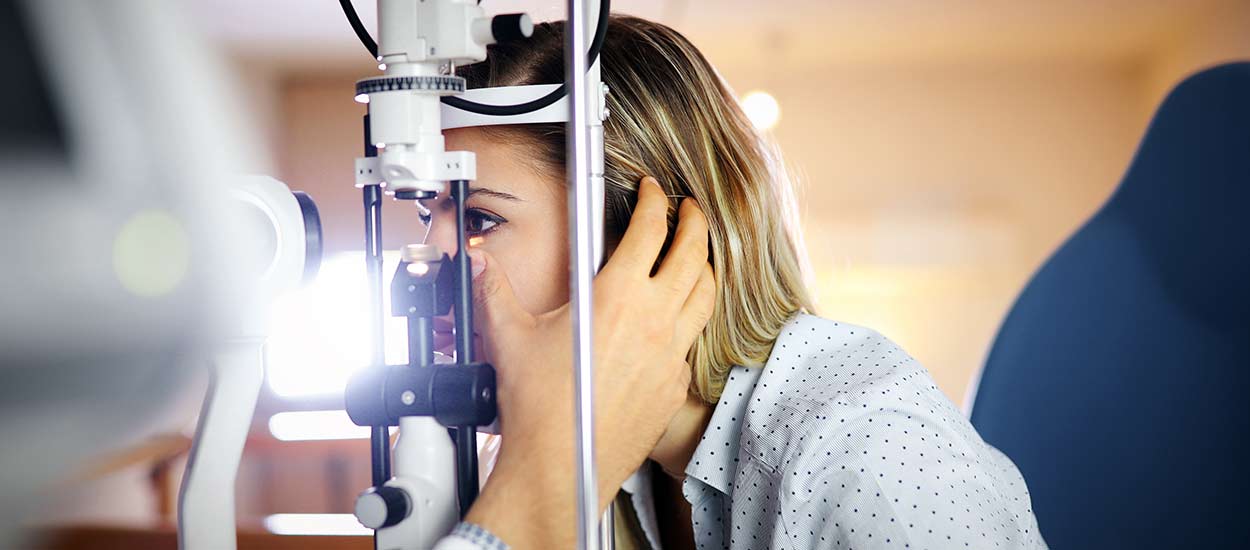
The OCULISTICS unit provides services for outpatients, whether accredited with the National Health Service or private.
In order to use the accredited service, a referral from an internal or external ophthalmic specialist, or another non-ophthalmic physician, is required. You can call the single regional number 0434 223522 and ask for a referral to Salus Alpe Adria.
You can contact the Salus Alpe Adria CUP or pharmacies and ask for a visit to the Salus Alpe Adria.
Private OCULISTIC services do not require a referral, just call the secretariat and make an appointment. In this way you can choose the doctor on the day and time you prefer, and the waiting time is a few days.
Inclusion on waiting lists: Patients who have already been examined by Salus Alpe Adria doctors or by external referring specialists, for whom the actual need for eye surgery has been ascertained and who have expressed the intention to have it performed, are given a date for surgery and the date on which the pre-operative examinations are to be performed.
Pre-operative examinations: a few days before the operation, the patient presents himself at the Outpatient Clinic, where he performs the pre-operative examinations, views and completes all the necessary documents for the operation. At that time he/she hands over the referral from his/her general practitioner at the reception desk.
Intervention: On the day scheduled for surgery, the patient presents himself at the Salus Alpe Adria Admission Office.
Discharge: On discharge, the patient receives a discharge letter prepared by the Salus Alpe Adria operating physician, which contains the diagnosis, a full description of the operation, the recommended therapy, and recommendations to be followed at home. The letter also includes a telephone number on which the doctors can be contacted 24 hours a day for post-operative emergencies only.
Follow-up visits: The patient is followed up in the first post-operative period with follow-up visits and dressing of surgical wounds. After the first 30 days after discharge, patients come to the pre-scheduled appointment with a check-up appointment from their attending physician.
For prioritised outpatient services, the Priority Classes and timeframes are:
B = short (high priority): the waiting time must be less than or equal to 10 days;
D = deferred: the waiting time must not exceed 30 days for specialist visits and 60 days for diagnostic tests;
P = scheduled: the waiting time must not exceed 180 days. For some specific services considered to be of particular importance, a maximum time of 120 days is foreseen.
If the doctor does not indicate the priority code for services covered by the prioritisation system, he or she is treated as the 'scheduled' priority code (P).
In the provincial context, priority criteria have been defined for specific services according to clinical frameworks shared by the various professionals (hospital, territorial and outpatient), which provide for differentiated access according to the above-mentioned classes (B = 10 days, D = 30/60 days, P= 180 days).
©Salus Alpe Adria s.r.l. 2020
Via G. D'Annunzio, 29, 33010 Branco UD
VAT NO. 02726460302
OPENING HOURS
Monday - Friday: 8:30 a.m. - 7:00 p.m. non-stop
Saturday: 8:30-13:00
CONTACTS
Telephone: 0432 574163
Email: info@salusalpeadria.it
PEC: salusalpeadria@legalmail.it